The history of the legal profession in Nigeria is traceable to the period before the advent of the British into the territory now called Nigeria. There was a great need for the establishment of the legal profession in Nigeria due to the fact that there were so many ethnic groups in the country. A standard and universal legal system was therefore necessary to bring the people together. Another reason why the colonial master introduced the modern legal profession in Nigeria was to solve the problem of language. It was to bridge the gap between the colonial masters and the local litigants so as to ensure that justice was done. History has it that prior to the formal establishment of the Nigerian Bar Association in the year 1959 and its registration in that name, lawyers in major cities of Nigeria had been organizing themselves and holding meetings at regular intervals to deliberate on issues or matters that were of interests to themselves including all other such matters that pertained to practice of law as a profession.
HISTORY
Prior to the advent of colonialism and the subsequent introduction of English-type courts by the British colonialists, the concept of adjudication of dispute and justice was not unknown in the geographical space that became Nigeria. Disputes in traditional communities were resolved by traditional heads and rulers who, by their position, were charged with the responsibility of maintaining peaceful co-existence in their domain. The traditional system of adjudication served the purpose of justice and met the people’s aspirations.
Colonialism had enormous socio-economic and political impact on Nigerian communities. It led to the emergence of complex commercial transactions and political disputes which were less amenable to traditional modes of settling disputes. Consequently, in January 1862, the first English type court in Nigeria was established by the colonial administration. Between 1862 and 1872 ten English – type courts were established. This development therefore, required lawyers to occupy judicial positions and render legal services in the courts that were established. But, there were no legally qualified legal practitioners to man the judicial positions and render legal services.
In order to fill this vacuum, created by the non-availability of legal practitioners, the colonial government initially appointed non-lawyers with basic education and an appreciable knowledge of English law, to practice as attorneys. License to practice was issued for six months at first, renewable every six month, upon evidence of good behavior. This category of attorneys became known as local made attorneys or colonial solicitors. By 1913, the number of overseas trained legal practitioners had risen to forty – two. Consequently, from that date, the Chief Judge stopped issuing licenses to local attorneys, for English-styled legal system could be said to have been fairly well established. The year 1913 was therefore remarkable in the history of the Bar in Nigeria.
Hence, from 1886 to 1962, Nigerian lawyers received training abroad and on completion of their study were called to the English Bar. Whereas, Nigerian legal practitioners were expected to practice both as barristers and solicitors, they received no training at all in the solicitor’s aspect of their profession. For, those legal practitioners who studied law abroad did not study Nigerian law before seeking enrollment. It was therefore not easy for them to render efficient service as legal practitioners. As a result, on the eve of Nigeria‟s political independence in April 1959, the Government appointed a committee known as the Committee on the Future of Legal Education in Nigeria, headed by the then Attorney General of the Federation Mr. E.I.G. Unsworth. Following the recommendations made by the Committee, the Nigerian Law School was established to provide vocational training for legal practitioners in Nigeria. It also recommended that certain subjects be taught at the Law School. This ultimately led to the enactment of the Legal Education Act, 1962 and the Legal Practitioners Act 1962, replaced and consolidated in the Legal Education (Consolidation, etc) Act (Cap 206) Laws of Federation of Nigeria 1990 and the Legal Practitioners Act (Cap 207) LFN 1990. While the former regulates legal education, the latter regulates the practice of law in Nigeria.




















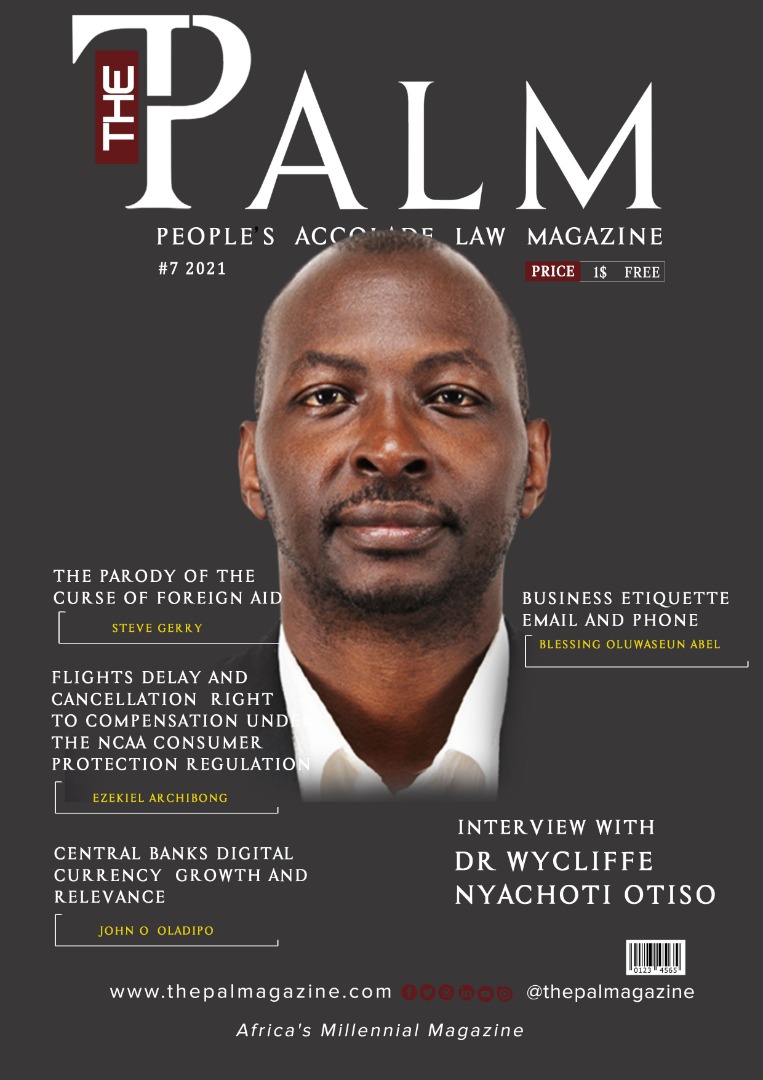




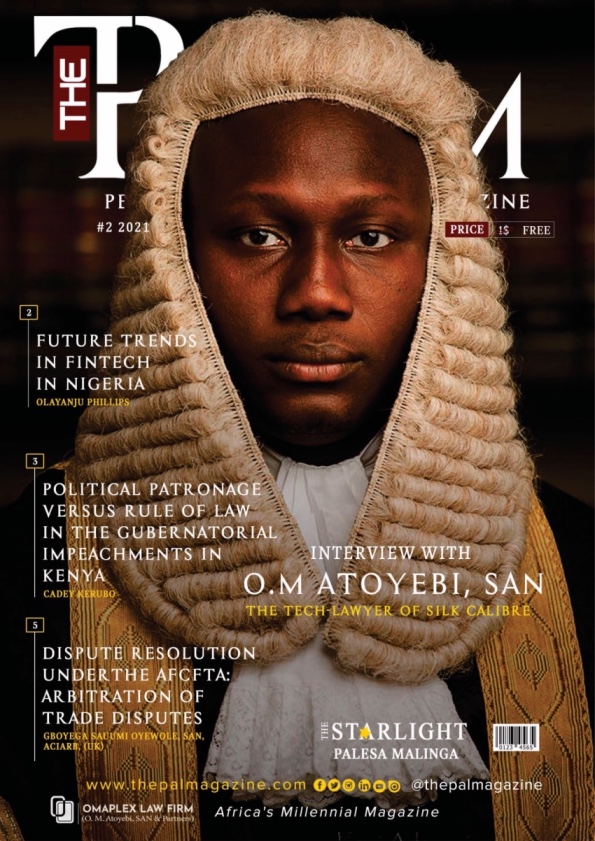






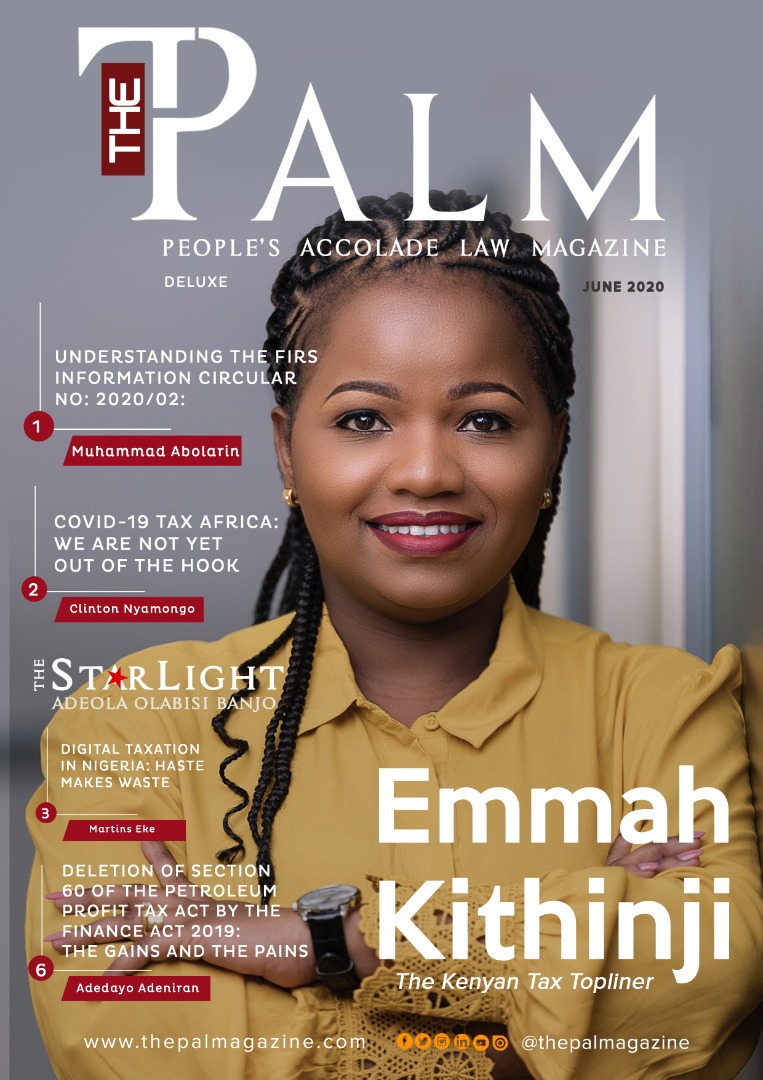












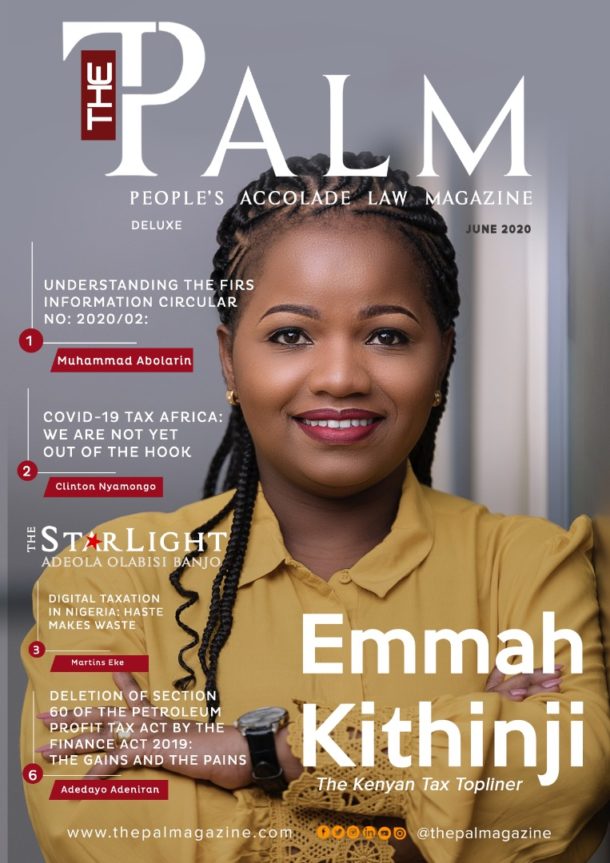



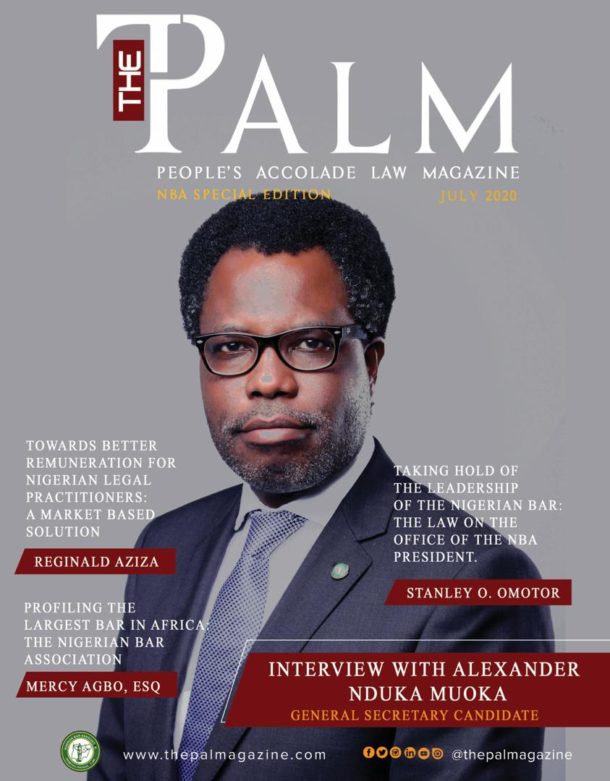


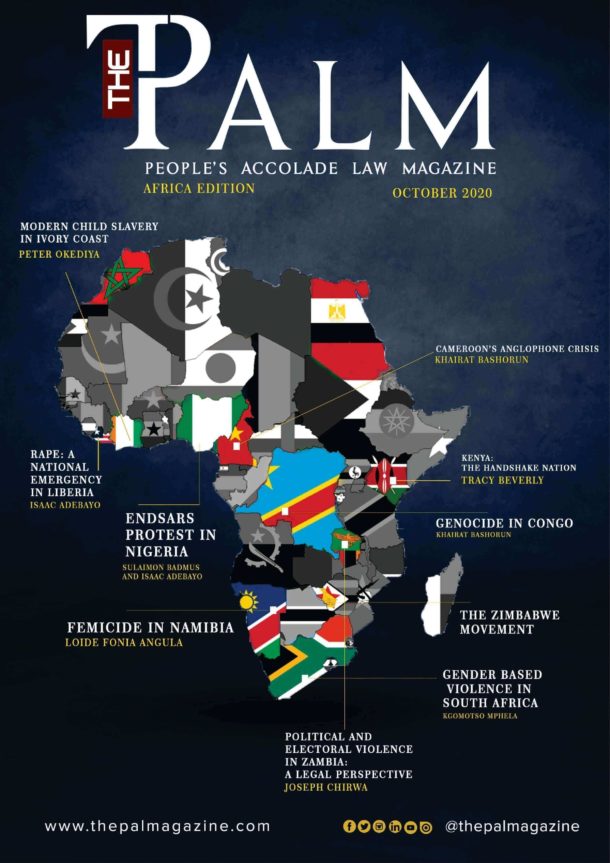


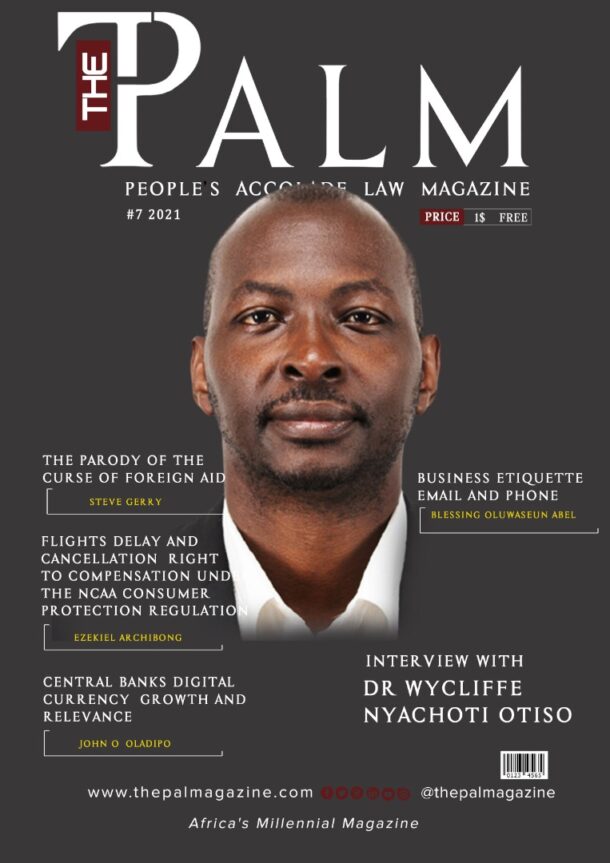



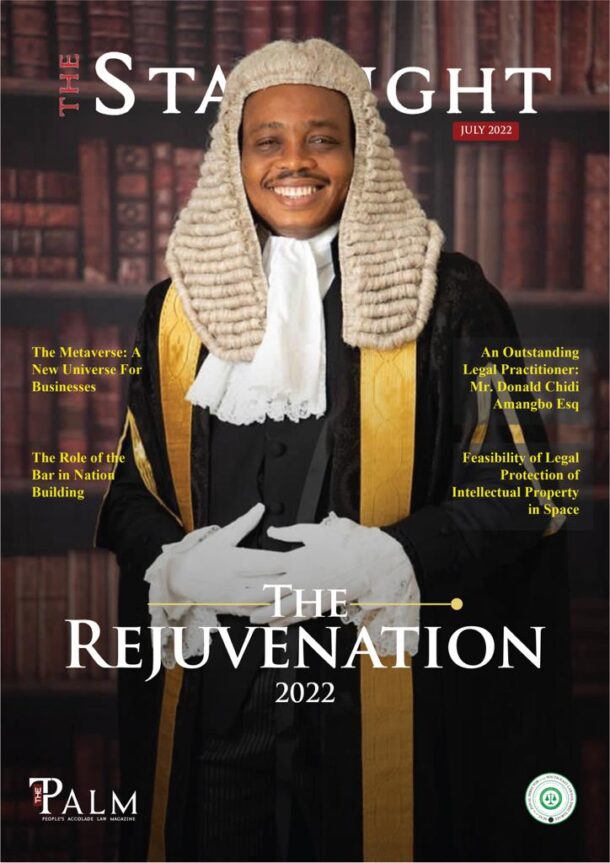


3 Responses
3
4.5
Nice article Bar Mercy Agbo Esq